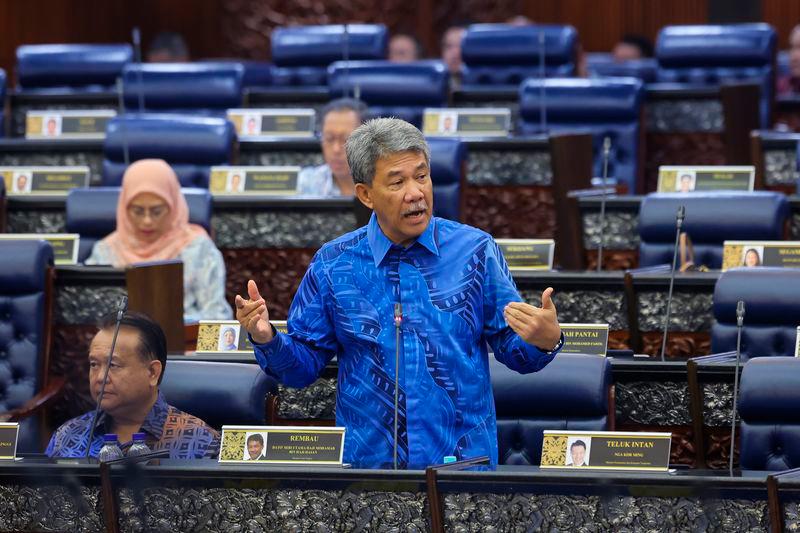KUALA LUMPUR: Malaysia has condemned the proposal for the forced expulsion of Palestinians from the Gaza Strip, calling it an act that is ‘beyond rational thought’ and a clear violation of international conventions, charters and treaties.
Foreign Minister Datuk Seri Mohamad Hasan said the proposal also contradicts Malaysia’s long-standing support, as well as the stance of the international community and United Nations (UN) resolutions, which affirm the Palestinian people’s right to an independent state.
“The announcement to expel the Palestinian people is deeply regrettable, and we firmly reiterate that Wisma Putra has issued a statement this morning opposing and rejecting the forced expulsion of Palestinians.
“The Palestinian people themselves have stated that they will not leave their homeland. Malaysia’s support for Palestine is not temporary; we have long supported their struggle for an independent state, and so (this proposal) directly contradicts our longstanding position,” he said during the minister’s question time in the Dewan Rakyat today.
He was responding to a supplementary question from Datuk Mohd Shahar Abdullah (BN-Paya Besar) regarding Malaysia’s reaction to the proposed forced displacement of Palestinians.
United States (US) President Donald Trump announced on Tuesday that the US would ‘take over’ the Gaza Strip and redevelop it, shortly after proposing the permanent resettlement of Palestinians outside the territory.
Trump’s controversial proposal has drawn widespread criticism, with many calling it ethnic cleansing and a war crime.
Mohamad said ASEAN’s position also does not agree with the proposal, which he added clearly violates human rights, the UN charter and international laws.
“As the ASEAN chair, I have already shared with my ASEAN counterparts that we do not agree with this proposal, (and) we will also issue a joint statement with ASEAN,” he said.
He said 2024 was a year that saw many elections held worldwide, especially in European countries, with election results largely in favour of the ultra-right parties.
“When this happens, the peace and stability that was achieved (through) multilateral and bilateral agreements is now rattled and unsettled.
“This is because there are countries whose new government was established by the leaders of the new administration who do not care about the foreign policies that had already been implemented.
“... and also about (policies) which was the bridge to bilateral or multilateral relations, so this is (now) a geopolitical problem globally,” he said.
In this regard, Mohamad said ASEAN needs to be more stable, strong and united as well as remain firm with its policy of not aligning with any particular bloc in order to maintain regional peace and stability.









